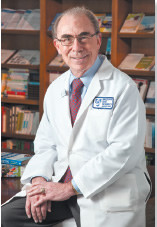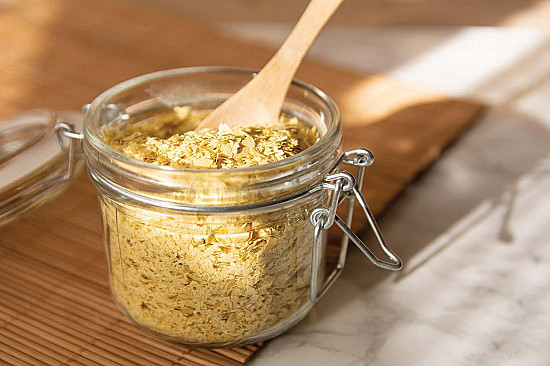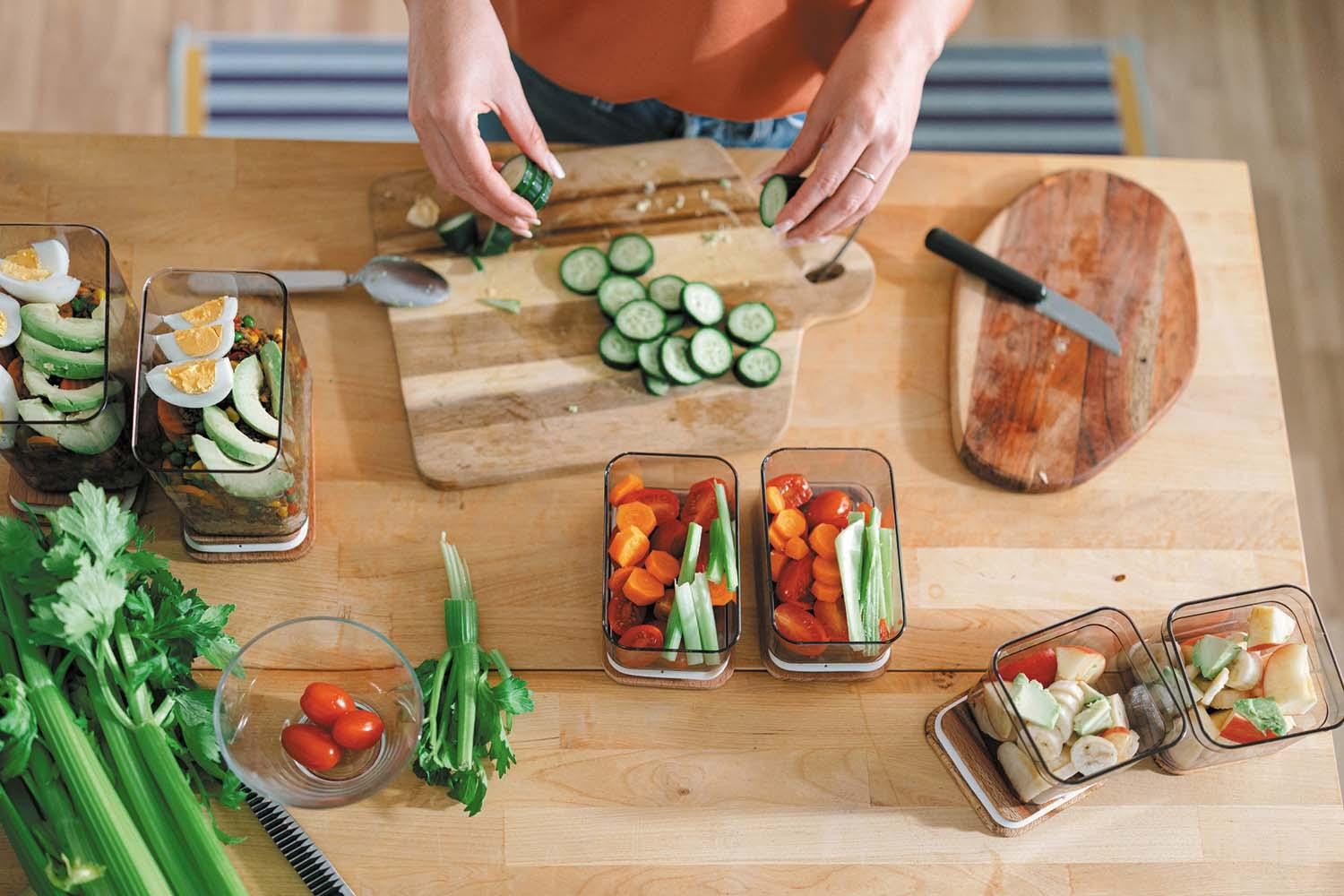Ask the doctor: Microwave's impact on food

There's less time for nutrients to break down when food is cooked quickly. |
Q. Does using a microwave to cook ruin the nutrients in food?
A. I've heard the same question from many of my patients about microwave cooking. It is so convenient that some people worry that it's "too good to be true." People have expressed two concerns to me. The first is that our exposure to the microwaves might somehow injure our bodies. To make a long story short, there is no evidence of this.
The second is the concern you mention: that microwave cooking might damage the nutrients in our food. It is true that cooking food by any method does tend to cause some of the nutrients to break down. Cooking damages the chemical structure of the nutrient, to some degree. However, there are plenty of nutrients left. And cooking kills many microbes that might have contaminated the food—and might have caused health problems.

However, microwave cooking is actually one of the least likely forms of cooking to damage nutrients. That's because the longer food cooks, the more nutrients tend to break down, and microwave cooking takes less time. So cooking a roast in an oven is more likely to cause some loss of nutrients than cooking the roast in a microwave. And boiling vegetables is more likely to rob them of nutrients than either cooking them in the oven or microwaving them. That's because some nutrients leach out of the food into the water.
So microwave cooking is not only fast, it's also sometimes nutritionally advantageous. Of course, I've ignored an important question: does food cooked in a microwave taste any different from the same food cooked in an oven? I leave the answer to your palate.
—Anthony L. Komaroff, M.D.
Editor in Chief
Harvard Health Letter
Image: Thinkstock
Disclaimer:
As a service to our readers, Harvard Health Publishing provides access to our library of archived content. Please note the date of last review or update on all articles.
No content on this site, regardless of date, should ever be used as a substitute for direct medical advice from your doctor or other qualified clinician.















